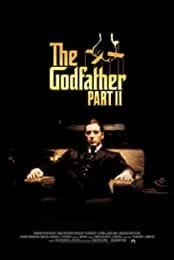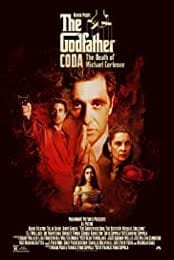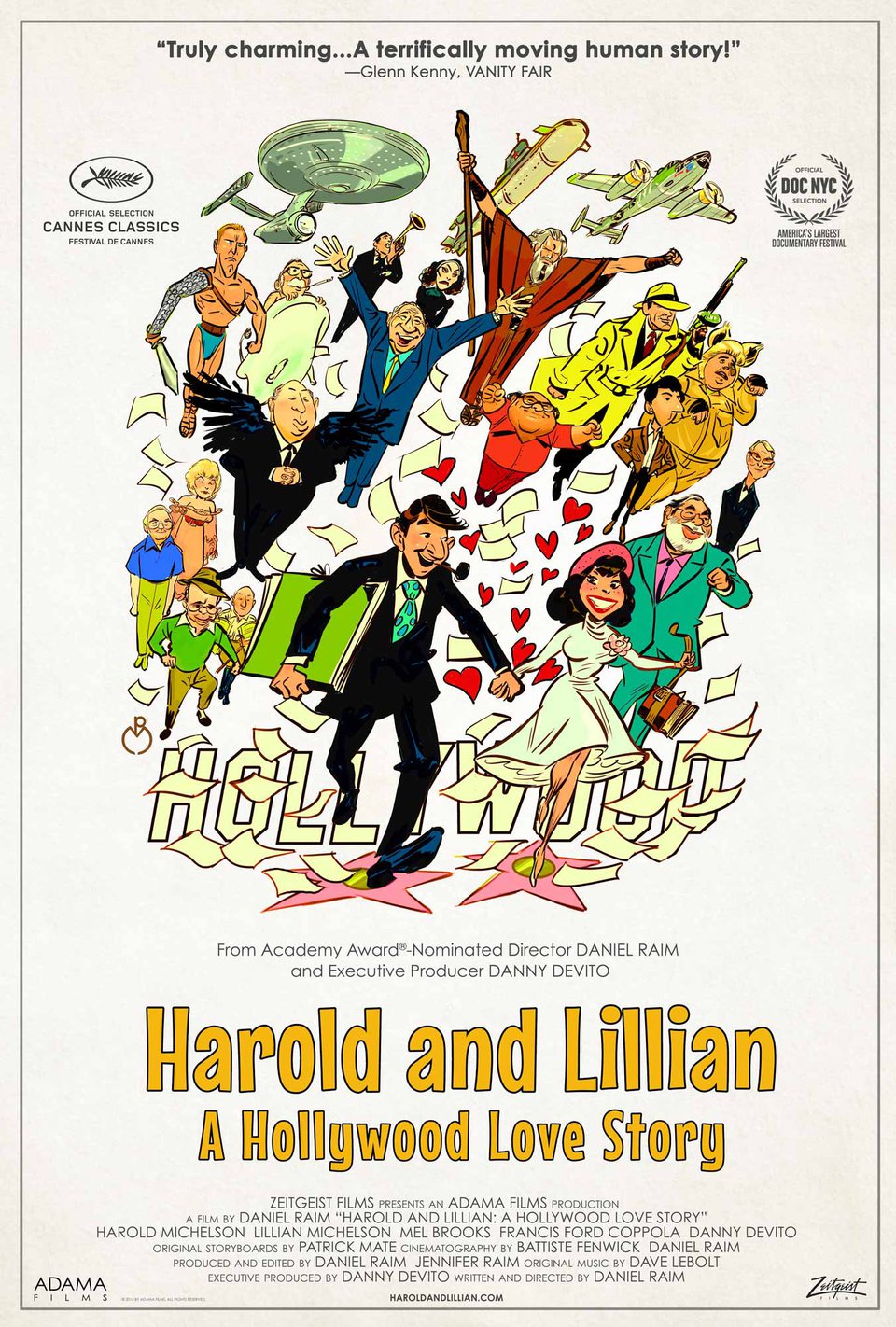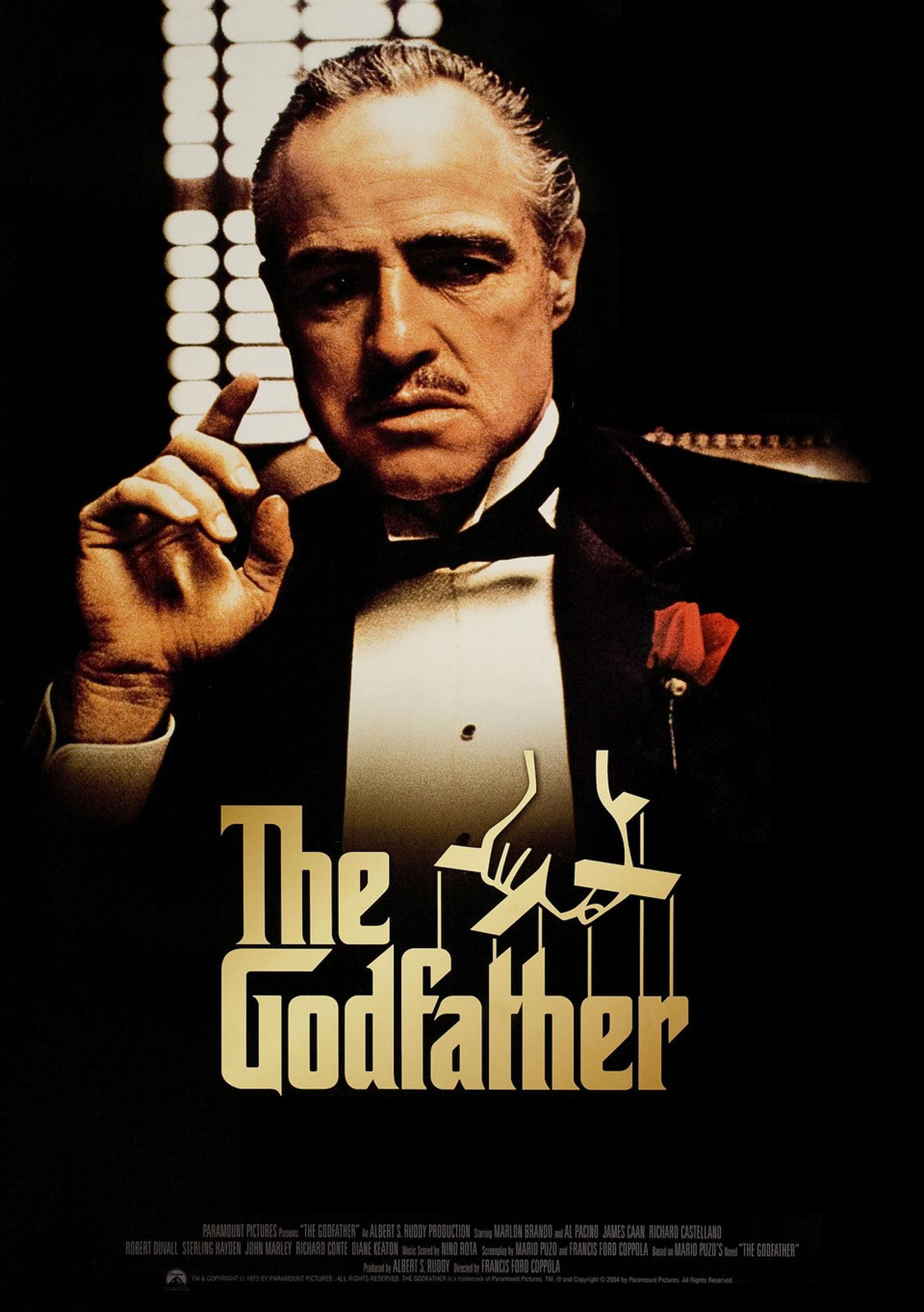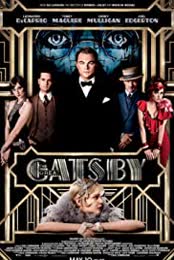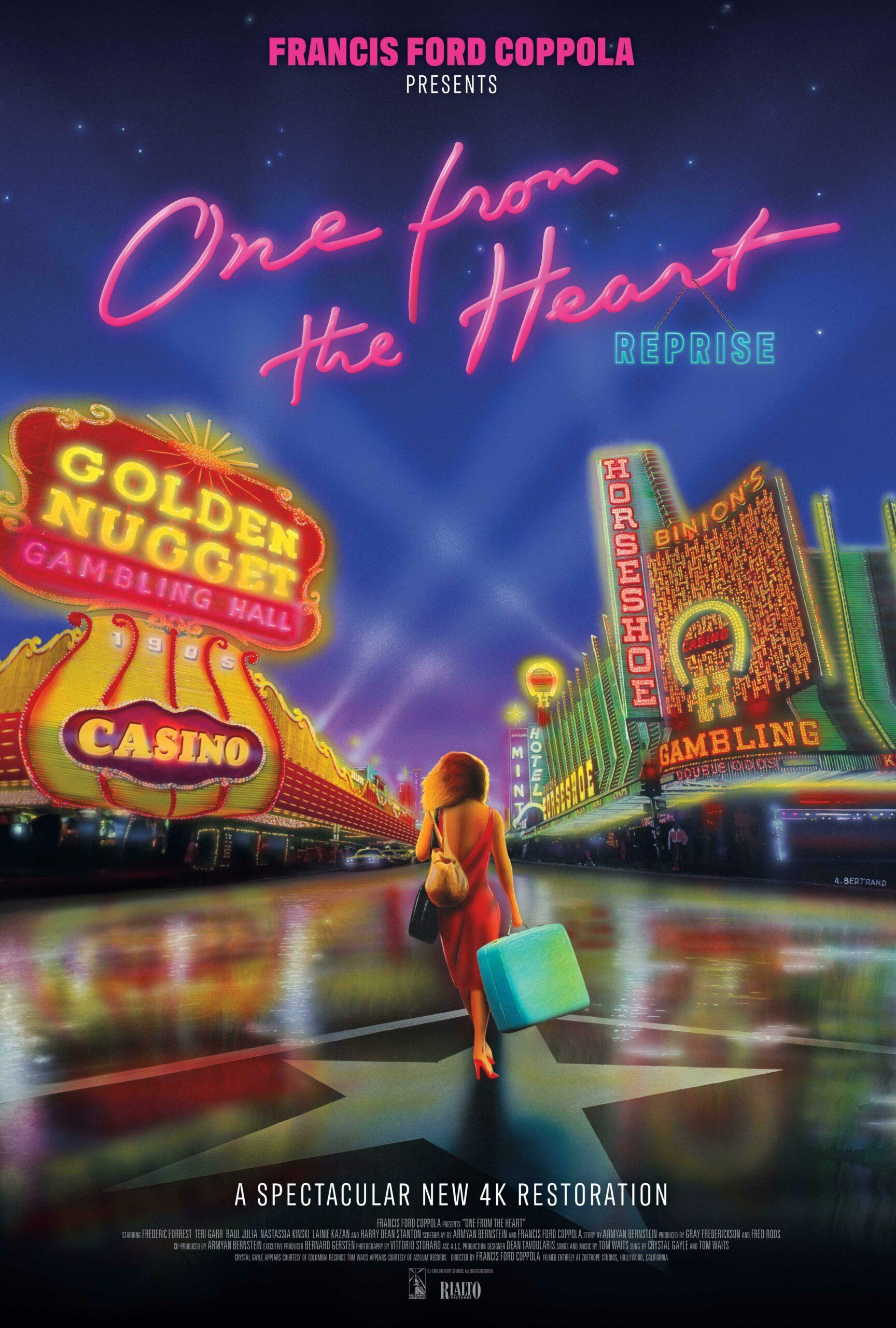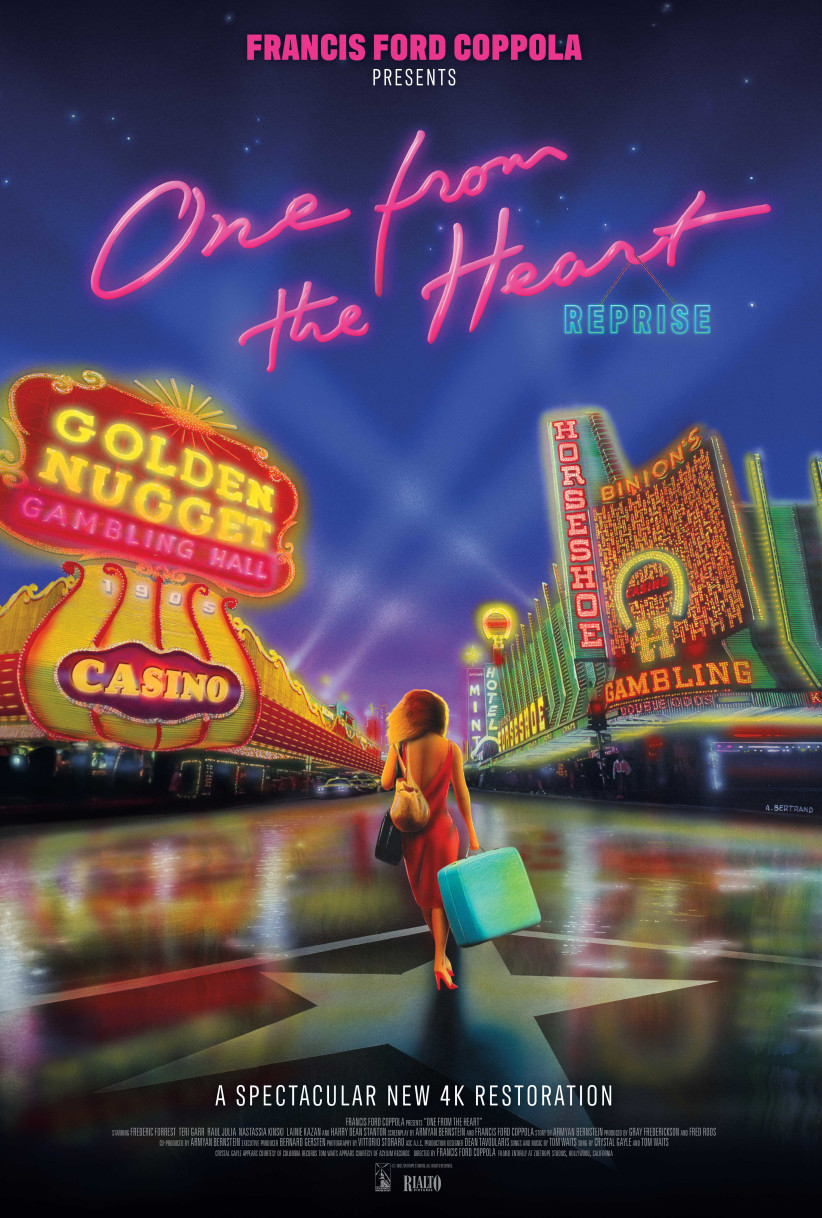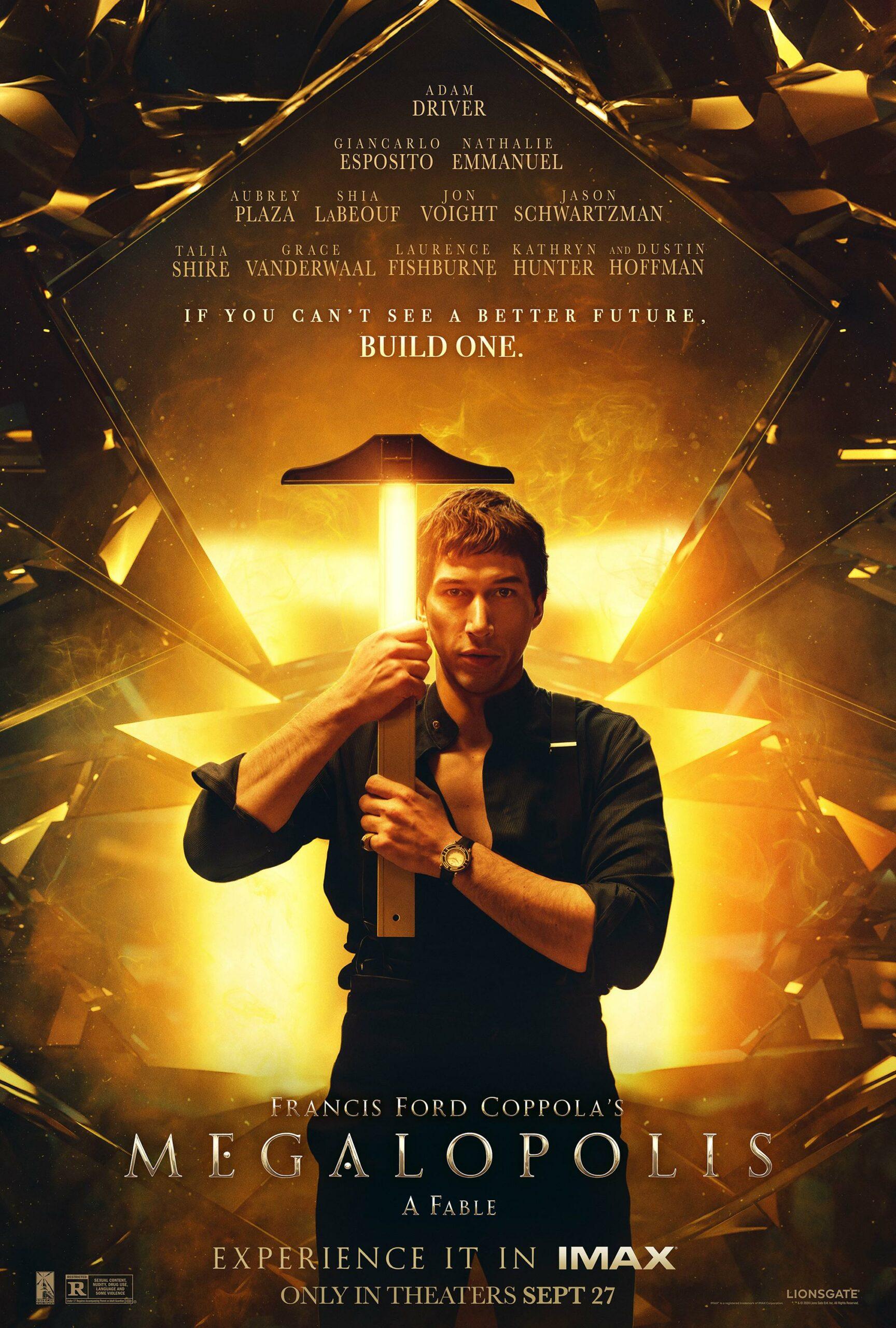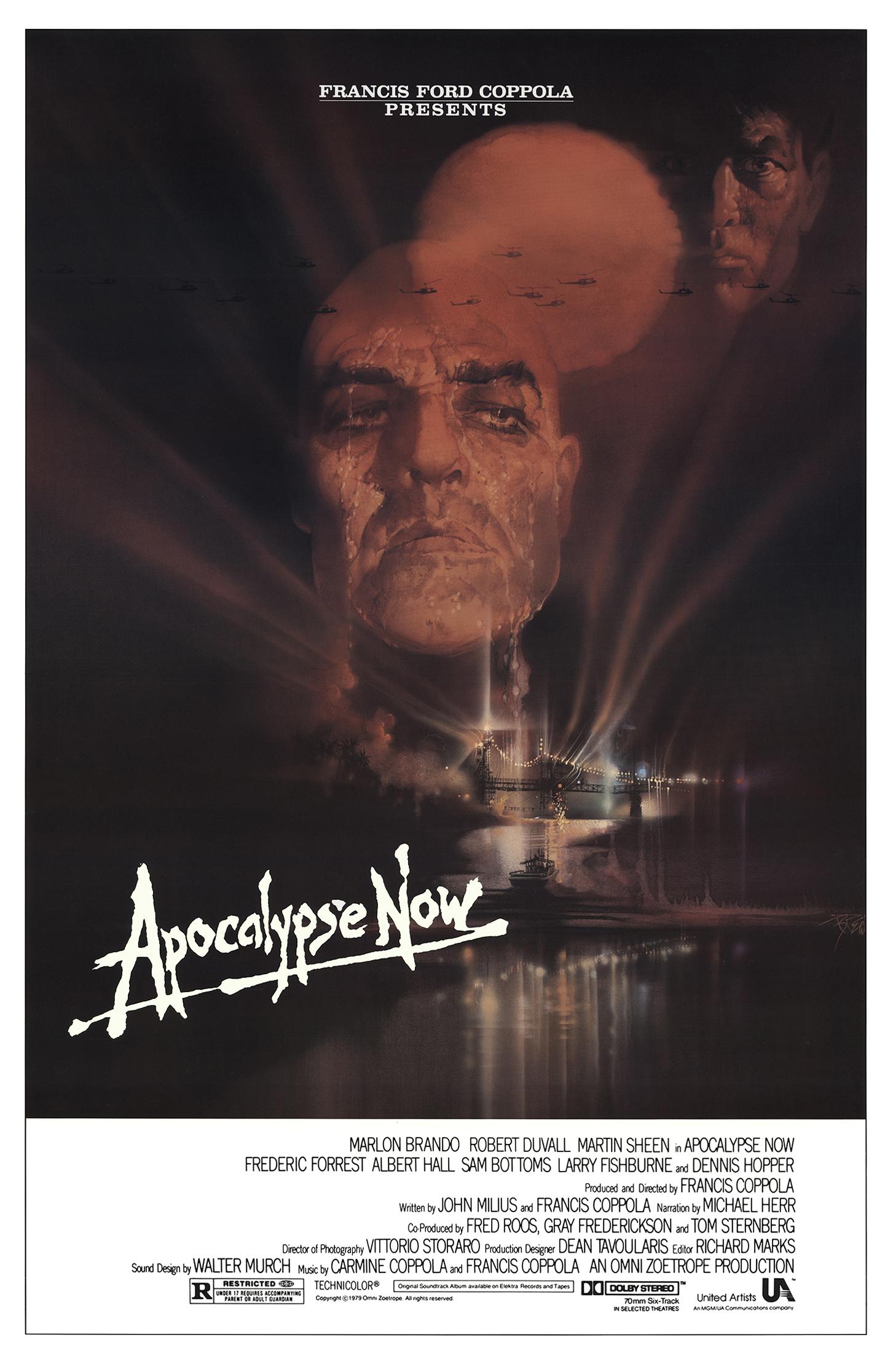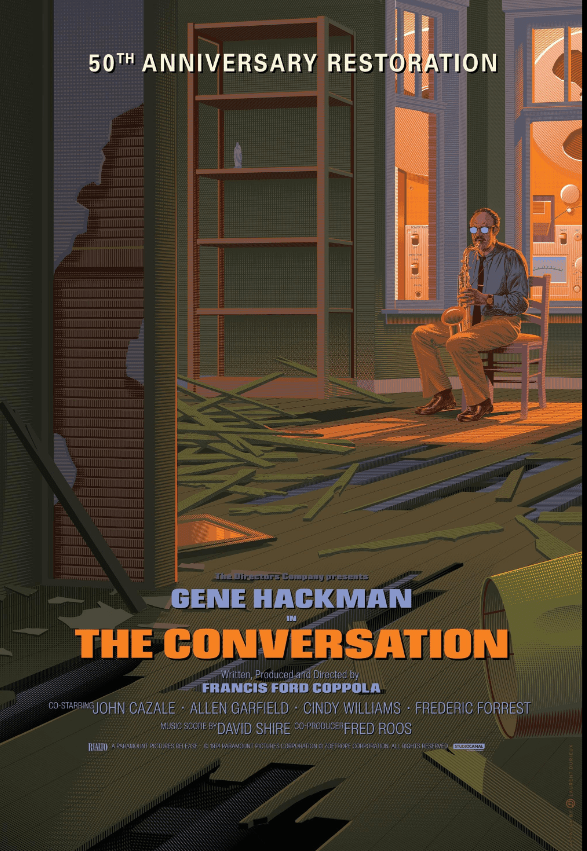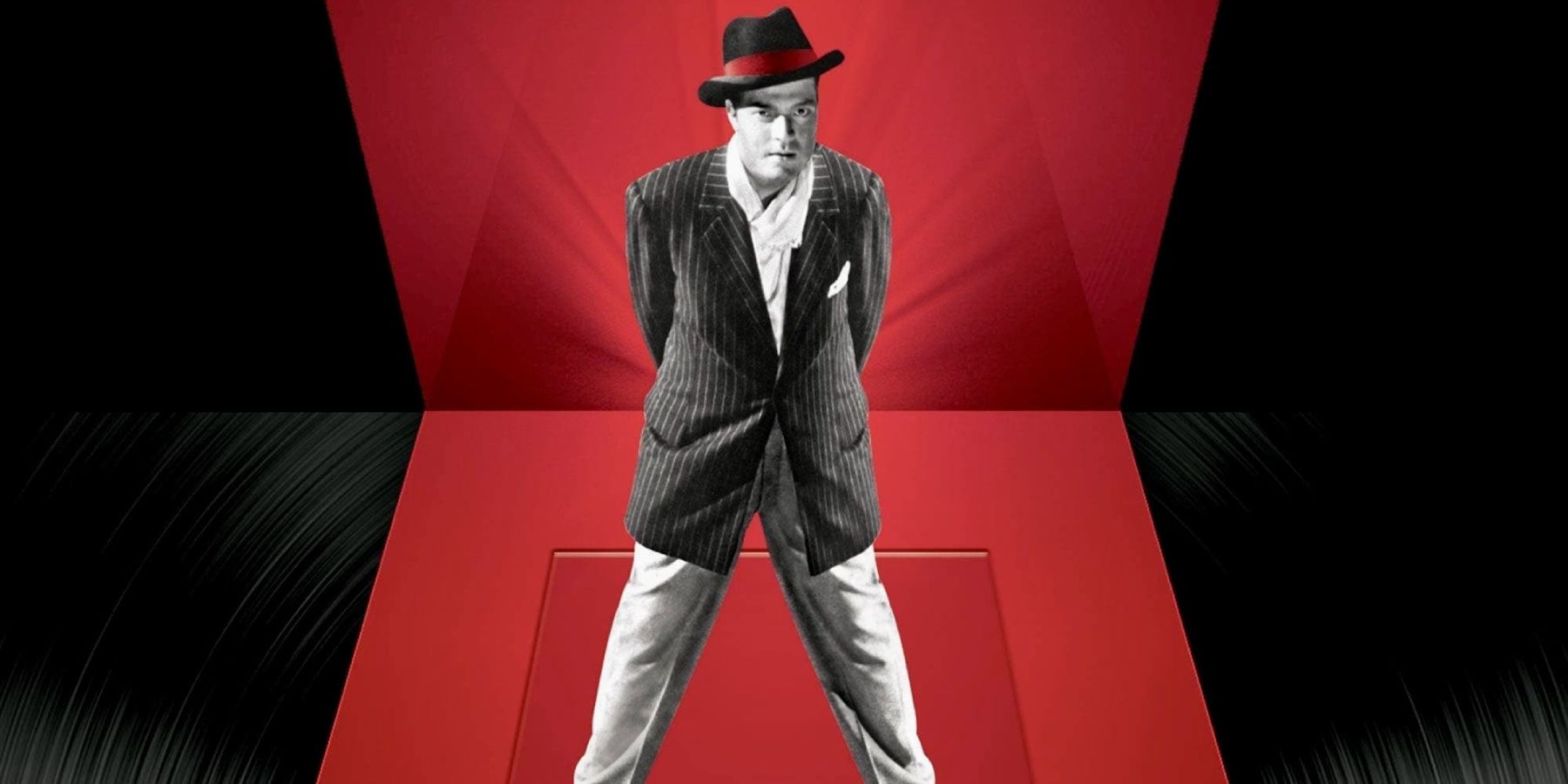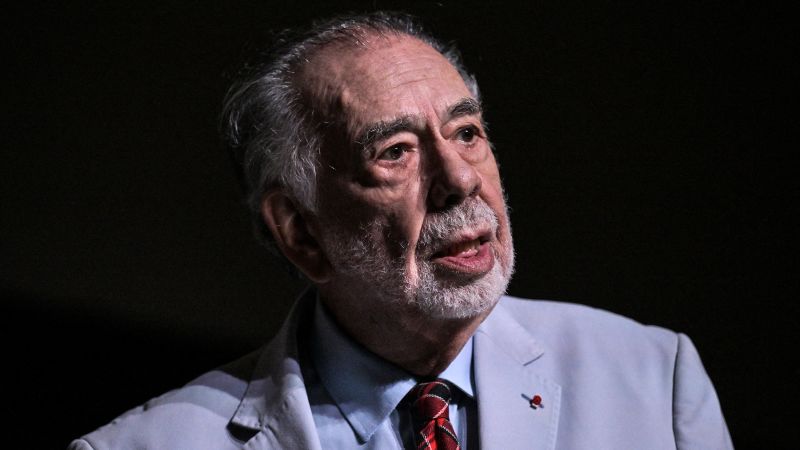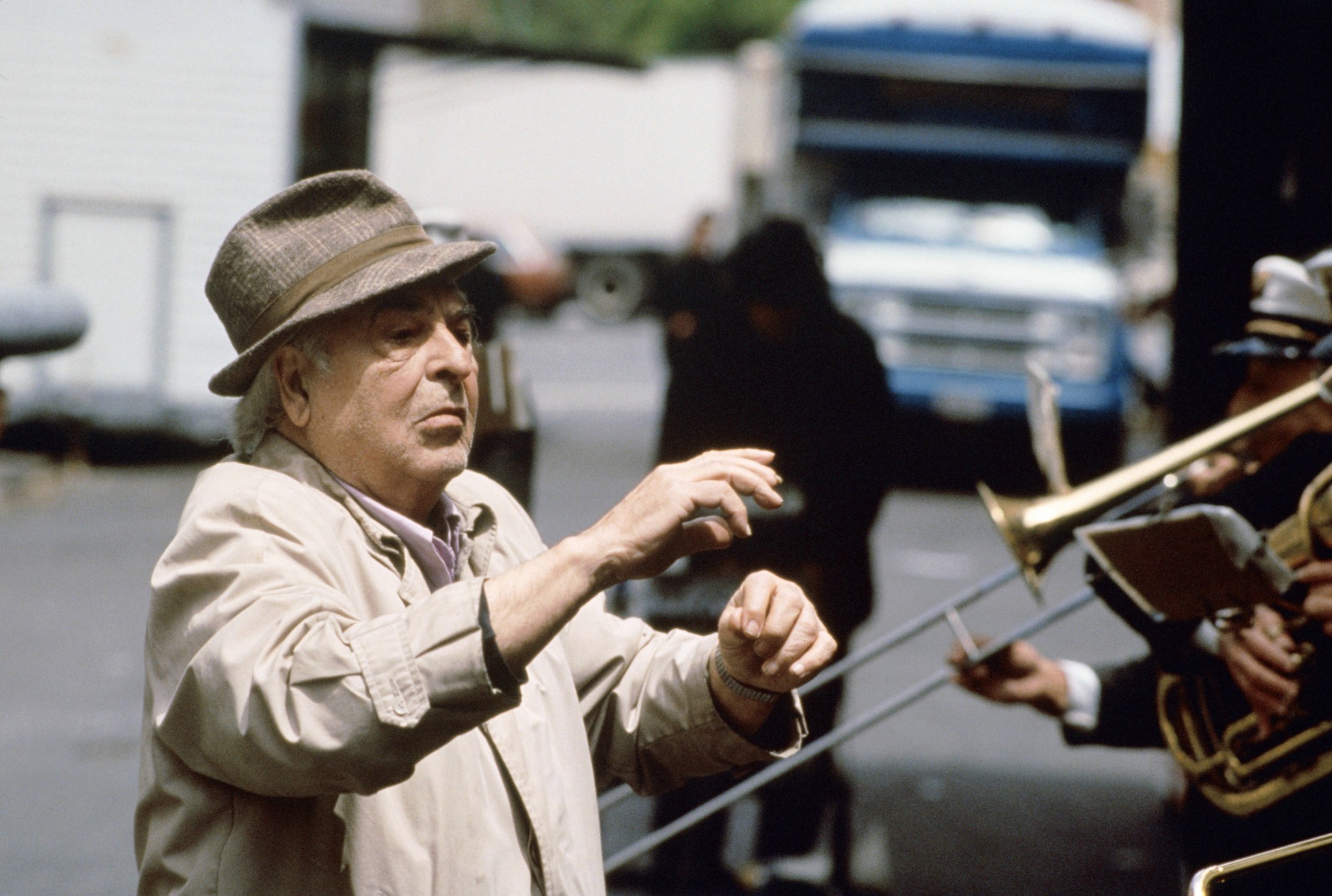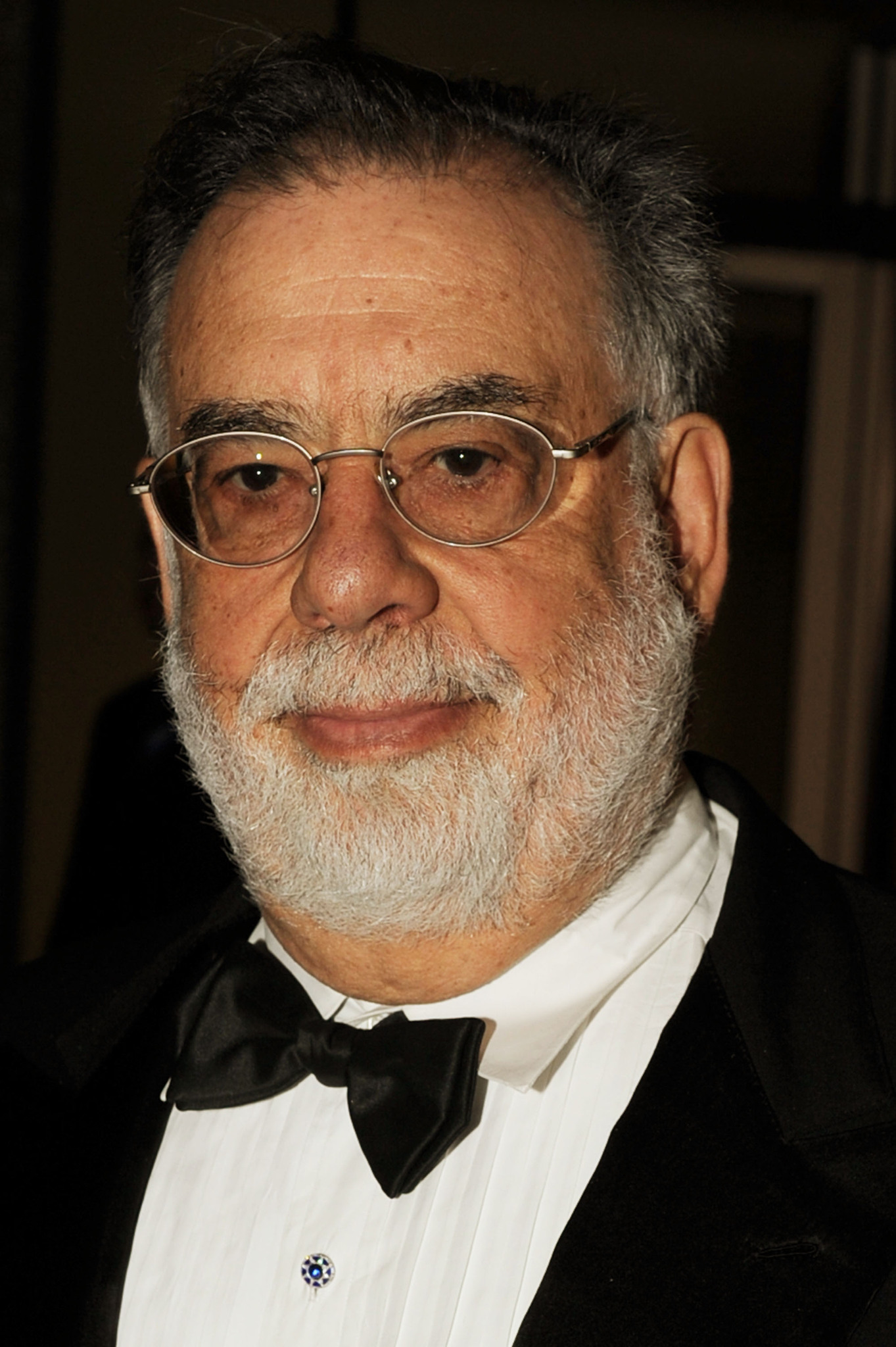
Francis Ford Coppola
Birthdate – April 7, 1939 (85 Years Old)
Birthplace – Detroit, Michigan, USA
Francis Ford Coppola is one of the key American filmmakers since the 1960s, even while the significant majority of his most accomplished work occurred in the 1970s when he was director and/or director/writer of some of the best American movies ever made including The Godfather (1972), The Godfather Part II (1974), The Conversation (1974) and Apocalypse Now (1979), which earned him five Oscars and an honorary Oscar and a remarkable pair of Palme d’Or prizes from the Cannes Film Festival, for which Coppola’s films have competed over a record span of 57 years from 1967 to 2024.
Coppola’s career amounts to one of the most unusual—and cautionary—careers in American cinema history, a fascinating study of accidental triumphs, near-destructive obsessions, unexpected successes (some of them having nothing to do with moviemaking), pioneering determination, and spectacular failures, all of it a profile in a filmmaking life with an incredible first act, an extremely disappointing second, and an enigmatic third.
Coppola was the first famous product of the first wave of American film schools but had by age 21 already begun to work professionally even before he eventually graduated from UCLA’s famed film school—for example, working in the shadowy softcore porn filmmaking world by making Tonight for Sure (1962), which involved Coppola combining through editing his softcore short The Peeper and writer-director Jerry Schafer’s softcore Western The Wide Open Spaces. Coppola’s second softcore movie, co-directed with Jack Hill, was The Bellboy and the Playgirls (1962), which Coppola also made by an edited combination of original material with Fritz Umgelter’s West German exploitation movie, Sin Began with Eve (1958).
Francis Ford Coppola was then hired, after experiencing several rejections of his early film ideas, by producer/filmmaker Roger Corman, who first tasked Coppola to re-edit the Soviet sci-fi movie Nebo zovyot (1959) into the monster movie Battle Beyond the Sun (1962), and then Coppola served as dialogue director on Corman’s Tower of London (1962), sound recorder/mixer on Corman’s The Young Racers (1963), and an uncredited director (along with four other directors including Jack Hill, Monte Hellman and Jack Nicholson) as well as associate producer on Corman’s The Terror 1963).
Coppola then took up Corman on his offer to produce his first proper feature as director/writer, the black-and-white horror movie, Dementia 13 (1963), with William Campbell, Luana Anders, and Patrick Magee, released by American International Pictures on a double bill with Corman’s own X: The Man with the X-ray Eyes (1963).
Coppola won UCLA film school’s Samuel Goldwyn Award for best student screenplay, securing him a screenwriting gig with Seven Arts, which assigned him as a screenwriter (with Fred Coe and Edith Sommer) for the Sydney Pollack-directed screen adaptation of Tennessee Williams’ play This Property is Condemned (1966), starring Natalie Wood, Robert Redford, and Charles Bronson; and as a screenwriter (credited with co-writers Gore Vidal, Jean Aurenche, Pierre Bost and Claude Brulé) for the WWII drama Is Paris Burning? (1966), for which French filmmaker René Clément directed the starry cast of Jean-Paul Belmondo, Charles Boyer, Leslie Caron, Jean-Pierre Cassel, George Chakiris, Alain Delon, Kirk Douglas, Glenn Ford, Gery Frobe, Yves Montand, Anthony Perkins, Simone Signoret, Robert Stack and Orson Welles.
Coppola wrote and directed his UCLA graduate film thesis as his first genuine success, his second feature, You’re a Big Boy Now (1966), based on David Benedictus’ 1963 novel, earned Coppola his MFA, then premiering at the Cannes Film Festival and later released by Warner Bros., with Geraldine Page (in a lively cast including Elizabeth Hartman, Rip Torn, Tony Bill and Karen Black) scoring a best supporting actress Oscar nomination.
Coppola was hired by Warner Bros. head Jack L. Warner to direct the E.Y. Harburg/Fred Saidy musical fantasy, Finian’s Rainbow (1968), starring Fred Astaire, Petula Clark, Keenan Wynn, and Tommy Steele, garnering good reviews and box office ($11.6 million on $3.5 million costs), and on which Coppola met George Lucas, who was a student mentee on the production. Coppola launched his first production under his new San Francisco-based American Zoetrope film company with the charged road movie drama, The Rain People (1969), starring Shirley Knight, James Caan, and Robert Duvall, winning San Sebastian Film Festival’s Golden Shell best picture prize and released by Warner Bros.-Seven Arts.
Coppola wrote the early draft in 1963 (based on Ladislas Farago’s 1963 biography)—which producers rejected but which star George C. Scott insisted on doing—of the remarkable WWII biopic directed by Franklin Schaffner, Patton (1970), with Karl Malden, winning Scott one of the most discussed best actor Oscars in Academy Awards history as well as six other Oscars, including best picture and Coppola’s first for best screenplay (shared with Edmund H. North), grossing $62.5 million (against $12.6 million costs) for 20th Century Fox.
Coppola staked out an important role for himself as producer (via American Zoetrope) of filmmaker George Lucas’ first two feature films: Lucas’ stark, mesmerizing dystopian sci-fi film THX 1138 (1971), starring Robert Duvall, Donald Pleasance, and Maggie McOmie and released by Warner Bros.-Seven Arts to decent returns of $2.4 million; and Lucas’ very different, nostalgic ‘50s-era teen drama-comedy American Graffiti (1973), made for the same cost of THX but grossing an astounding $140 million (for distributor Universal Pictures with producers The Coppola Company and Lucasfilm Ltd.), with an ensemble including Richard Dreyfuss, Ron Howard, Paul Le Mat, Charles Martin Smith, Candy Clark, Mackenzie Phillips, Cindy Williams, and Wolfman Jack, and which earned Coppola an Oscar nomination for best picture.
Francis Ford Coppola transformed his career—and parts of American cinema—as director/co-writer (with novelist Mario Puzo) of the Mafia epic The Godfather (1972), starring Marlon Brando, Al Pacino, James Caan, Robert Duvall, Sterling Hayden, John Cazale, John Marley and Diane Keaton, deemed by some (including Stanley Kubrick) to be the greatest movie ever made and credited as being one of the first blockbusters of the New Hollywood era with a worldwide take of $291 million (on $6.5 million costs), with Coppola sharing a best screenplay Oscar with Puzo and the movie winning best picture and actor (Brando).
Coppola followed as sole director/writer/producer of his superb San Francisco-based drama The Conversation (1974)—which he wrote a decade earlier—starring Gene Hackman, Cazale, Allen Garfield, Cindy Williams and Frederic Forrest, premiering at the Cannes Film Festival where it won Coppola’s first Palme d’Or, grossing $4.8 million worldwide for Paramount Pictures and gaining Coppola two Oscar nominations for best picture and screenplay.
Coppola was the screenwriter of the adaptation of F. Scott Fitzgerald’s classic novel, The Great Gatsby (1974), with Robert Redford, Mia Farrow, Bruce Dern, Sam Waterston, and Karen Black under Jack Clayton’s direction, earning $26 million globally for Paramount Pictures. Coppola’s extraordinary 1974 concluded with what is frequently deemed the best sequel ever made: his deeply involving Mafia tragedy as director/writer/producer, The Godfather Part II (1974), starring Al Pacino, Robert De Niro, Diane Keaton, Robert Duvall, John Cazale and Talia Shire, earning $93 million for Paramount Pictures, winning Coppola three Oscars (picture, director, screenplay) among its six Oscars, and ranked #4 on Sight & Sound Magazine’s 2002 poll of the best movies ever made.
Francis Ford Coppola then ventured into the Vietnam War for his epochal war epic based (with co-writers John Milius and Michael Herr) on Joseph Conrad’s 1899 novella, Heart of Darkness, Apocalypse Now (1979), starring Martin Sheen, Marlon Brando, Robert Duvall, Frederic Forrest, Albert Hall, Laurence Fishburne and Dennis Hopper, grossing nearly $105 million (against $31 million costs) for United Artists, and premiering at the Cannes Film Festival where it won Coppola his second Palme d’Or in less than a decade, and landing eight Oscar nominations; Coppola then edited his original film into two distinct revisions, first Apocalypse Now Redux (2001), expanded to a 200-min running time, and then Apocalypse Now (Final Cut) (2019), which is Coppola’s favorite version of the film.
Coppola, as director/co-writer veered into the video-shot musical world of the commercially disastrous One from the Heart (1982), co-starring Forrest, Teri Garr, Raul Julia, Nastassja Kinski, Lainie Kazan, and Harry Dean Stanton, costing $26 million but grossing a tiny $637,000 for Zoetrope/Columbia Pictures.
Coppola reverted to a far more intimate scale as director of two back-to-back adaptations of S.E. Hinton novels, The Outsiders (1983), starring C. Thomas Howell, Matt Dillon, Ralph Maccio, Patrick Swayze, Rob Lowe, Diane Lane, Emilio Estevez and Tom Cruise; and the black-and-white Rumble Fish (1983), starring Dillon, Mickey Rourke, Vincent Spano, Lane, Diana Scarwid, Nicolas Cage and Dennis Hopper, made for a combined $20 million and returning a combined box office of $36 million for (respectively) Warner Bros. and Universal Pictures.
Coppola was director/co-writer (with William Kennedy) of producer Robert Evans’ very troubled production of The Cotton Club (1984), with Richard Gere, Gregory Hines, Lane, Lonette McKee, and Bob Hoskins, and though it proved to be another commercial disaster for Coppola ($26 million gross on a $58 million budget), also earned Coppola a best director Golden Globe nomination.
Francis Ford Coppola directed and produced (via his American Zoetrope) the comedy-drama fantasy Peggy Sue Got Married (1986), starring Oscar-nominated Kathleen Turner and Nicolas Cage, returning a modest profit for Tri-Star Pictures with a $41.5 million gross, and then Coppola reunited with star James Caan and was director only of the Vietnam-era drama Gardens of Stone (1987), with Anjelica Huston, James Earl Jones, D.B. Sweeney, Dean Stockwell, and Mary Stuart Masterson, losing money for Tri-Star with a poor $5 million box office. Coppola then directed his first biopic (with George Lucas as executive producer), Tucker: The Man and His Dream (1988), starring Jeff Bridges (as visionary automaker Preston Tucker), Joan Allen, Martin Landau, Frederic Forrest, Mako and Dean Stockwell, and returning a disappointing $19.7 million gross (on $24 million costs).
Coppola made the widely panned segment, “Life Without Zoë,” co-starring Heather McComb, Talia Shire, Giancarlo Giannini, Adrien Brody, and Carole Bouquet, as part of the anthology movie New York Stories (1989), with segments directed by Woody Allen and Martin Scorsese, and then Coppola returned as director/co-writer/producer to the Corleone crime family for the disappointing though relatively profitable epilogue, The Godfather Part III (1990), starring Al Pacino, Diane Keaton, Shire, Andy Garcia, Eli Wallach, Joe Mantegna, Bridget Fonda, George Hamilton and Sofia Coppola, grossing a good $137 million globally (against $54 million costs) for Paramount Pictures, garnering Coppola Oscar nominations for picture and director; Coppola characteristically re-edited the movie for a new, preferred version—Mario Puzo’s The Godfather, Coda: The Death of Michael Corleone (2020)—which Coppola claimed was the version that he and Puzo intended. Coppola had his biggest success in years as director/producer of Bram Stoker’s Dracula (1992), starring Gary Oldman, Winona Ryder, Anthony Hopkins, and Keanu Reeves, earning a knockout $216 million global gross (on a $40 million budget) for American Zoetrope/Columbia Pictures.
Francis Ford Coppola was director/producer of his only coming-of-age comedy, Jack (1996), a starring vehicle for Robin Williams (who would participate only if Coppola was director) with Diane Lane, Jennifer Lopez, Fran Drescher, and Bill Cosby, grossing a tepid $78 million gross for Hollywood Pictures/Buena Vista Pictures and receiving poor reviews, marking a new dip in Coppola’s declining profile in the 1990s. Coppola made his last explicitly Hollywood movie as director/writer with the critically acclaimed but commercially unsuccessful ($46 million on a $40 million budget) John Grisham novel adaptation for Paramount Pictures, The Rainmaker (1997), starring Matt Damon, Claire Danes, Jon Voight, Mary Kay Place, Mickey Rourke, and Danny DeVito.
Coppola then made a firm break with Hollywood studios and began the new century as a deliberately low-budget independent director/writer/producer with Youth Without Youth (2007), based on Mircea Eliade’s 1976 novella, produced across five countries (U.S., Romania, France, Italy and Germany) and co-starring Tim Roth, Bruno Ganz and Alexandra Maria Lara, and released in the U.S. by Sony Pictures Classics, grossing a good $2.6 million globally (on a $1 million budget which Coppola self-financed).
Coppola was director/writer/producer of two more low-budget indie productions, starting with the Argentina-shot drama Tetro (2009), co-starring Vincent Gallo, Alden Ehrenreich, Maribel Verdú, Klaus Maria Brandauer and Carmen Maura and self-distributed by Coppola in the U.S. (via American Zoetrope) for a $3 million global return; followed by the less successful horror movie, Twixt (2011), with Val Kilmer, Bruce Dern, Elle Fanning and Ben Chaplin, premiering at the Toronto Film Festival but being the only Coppola film to not receive a theatrical (only home video) release.
Francis Ford Coppola had nursed the futurist utopian drama, Megalopolis (2024), for decades, and finally realized a $120 million production (as director/writer/producer, under his American Zoetrope banner) for release via Lionsgate Films in 2024, with a cast led by Adam Driver, Nathalie Emmanuel, Giancarlo Esposito, Aubrey Plaza, Shia LaBouef, Jon Voight, Laurence Fishburne, Kathryn Hunter and Dustin Hoffman, and which premiered to divisive reviews at the Cannes Film Festival, where it was screened in the competition. Coppola as his next film shifted to the American past by adapting to the big screen Edith Wharton’s novel Glimpses of the Moon (date to be announced).
Coppola was producer only on four features after George Lucas’ American Graffiti, including Don Juan DeMarco (1994), the Kenneth Branagh-directed Mary Shelley’s Frankenstein (1994), the Nick Stagliano-directed The Florentine (1999), and the Sofia Coppola-directed The Virgin Suicides (1999).
Coppola has served as executive producer on films made by auteurist filmmakers, including Carroll Ballard’s The Black Stallion (1979), Akira Kurosawa’s Kagemusha: The Shadow Warrior (1980), Godfrey Reggio’s Koyaanisqatsi (1982), Caleb Deschanel’s The Escape Artist (1982), Wim Wenders’ Hammett (1982), The Black Stallion Returns (1983), Paul Schrader’s Mishima: A Life in Four Chapters (1985), Norman Mailer’s Tough Guys Don’t Dance (1987), Franklin Schaffner’s Lionheart (1987), Ballard’s Wind (1992), Agnieszka Holland’s The Secret Garden (1993), Gregory Nava’s My Family (1995), Sherwood Hu’s Lani-Loa (1998), Holland’s The Third Miracle (1999), Tim Burton’s Sleepy Hollow (1999), Roman Coppola’s CQ (2001), Hal Hartley’s No Such Thing (2001), Robert Duvall’s Assassination Tango (2002), Sofia Coppola’s Lost in Translation (2003), Bill Condon’s Kinsey (2004), Sofia Coppola’s Marie Antoinette (2006), Robert De Niro’s The Good Shepherd (2006), Walter Salles’ On the Road (2012) and two additional films by Sofia Coppola—Somewhere (2010) and The Bling Ring (2013).
Coppola has re-cut several of his films for refashioned works, including multiple versions of Apocalypse Now, The Cotton Club (The Cotton Club Encore in 2019); a director’s cut of Dementia 13 in 2019; The Godfather Part III (The Godfather Coda: The Death of Michael Corleone in 2020); and Twixt (B’Twixt Now and Sunrise in 2022).
Videos
Personal Details
Francis Ford Coppola was born in Detroit, Michigan, and was raised for most of his youth in Woodside in the New York City borough of Queens by late parents Carmine (composer) and Italia. Coppola has one sister, Talia Shire (actor), and one late brother, August (doctor). Coppola was married to writer-filmmaker Eleanor Coppola from 1963 until she died in 2024; the couple had three children, Sofia, Roman (both directors/writers), and the late Gian-Carlo, who died in an accident in 1986. Coppola attended 23 different schools and then graduated from Great Neck North High School.
Coppola earned a Bachelor of Arts degree at Hofstra University, where he organized theater clubs and contributed to Hofstra’s literary magazine. Coppola then attended the renowned film school at the University of California Los Angeles, where he earned a Master of Fine Arts degree and studied with one of Hollywood’s few women filmmakers, Dorothy Arzner. Coppola’s height is 5’ 11¾ ”. Coppola’s estimated net worth is $400 million.
Filmography
Some Facts About Francis Ford Coppola
Family Coppola: Francis Ford Coppola belongs to one of the largest families in the cinema world, boasting many nieces, nephews, cousins, grandchildren and great-grandchildren (to say nothing of his prominent filmmaking children Sofia and Roman) working in the business including actors Nicolas Cage, Jason Schwartzman, Kal-El Cage, Romy Mars, and Anton Coppola, as well as hyphenate filmmakers (and sometimes actors) Robert Schwartzman, Gia Coppola, Matthew Shire, Weston Cage, Romy Mars, Susan Coppola and Christopher Coppola.
Winemaker: Coppola has been a winemaker since the 2010s, making a wide range of high-quality but affordable wines under his label, Francis Coppola.
What’s In a Name?: Francis Ford Coppola’s middle name derived from an odd coincidence of factors, including the following facts: his father Carmine was an arranger and assistant orchestra director on Ford Motor Company’s sponsored radio music series, The Ford Sunday Evening Hour and Francis was born at Henry Ford Hospital in Detroit.
Childhood Polio: Coppola experienced polio in childhood, rendering him bed-ridden for lengthy periods of his childhood, and leading him to create puppet theater shows from his bedroom—launching his desire to create shows, including his first home movies that he filmed on 8mm.
Obscure Coppola-iana: Francis Ford Coppola credits one of his UCLA film teachers—the acclaimed director Dorothy Arzner, one of the few Hollywood woman filmmakers of her generation—as a critical artistic influence and mentor, and also had impactful encounters with fellow film student Jim Morrison (before he formed The Doors), who was an undergrad at the time that Coppola was a grad student in the film department; Coppola honored their friendship by using The Doors’ iconic song, “The End,” in Apocalypse Now. Coppola also adapted Edgar Allen Poe’s story, “William Wilson,” for a short horror film he made as a graduate student, titled The Two Christophers (which was adapted a few years later by Louis Malle as a segment starring Alain Delon in the anthology horror movie, Spirits of the Dead (1968)).
Entrepreneur: Coppola owns a lifestyle brand called Francis Ford Coppola Presents, which incorporates hotels and resorts as part of the company’s “Hideaway” subdivision, with locations in Placencia, Belize; Lago Peten Itza, Guatemala; Buenos Aires; Bernalda, Italy; and Peachtree City, Georgia.




